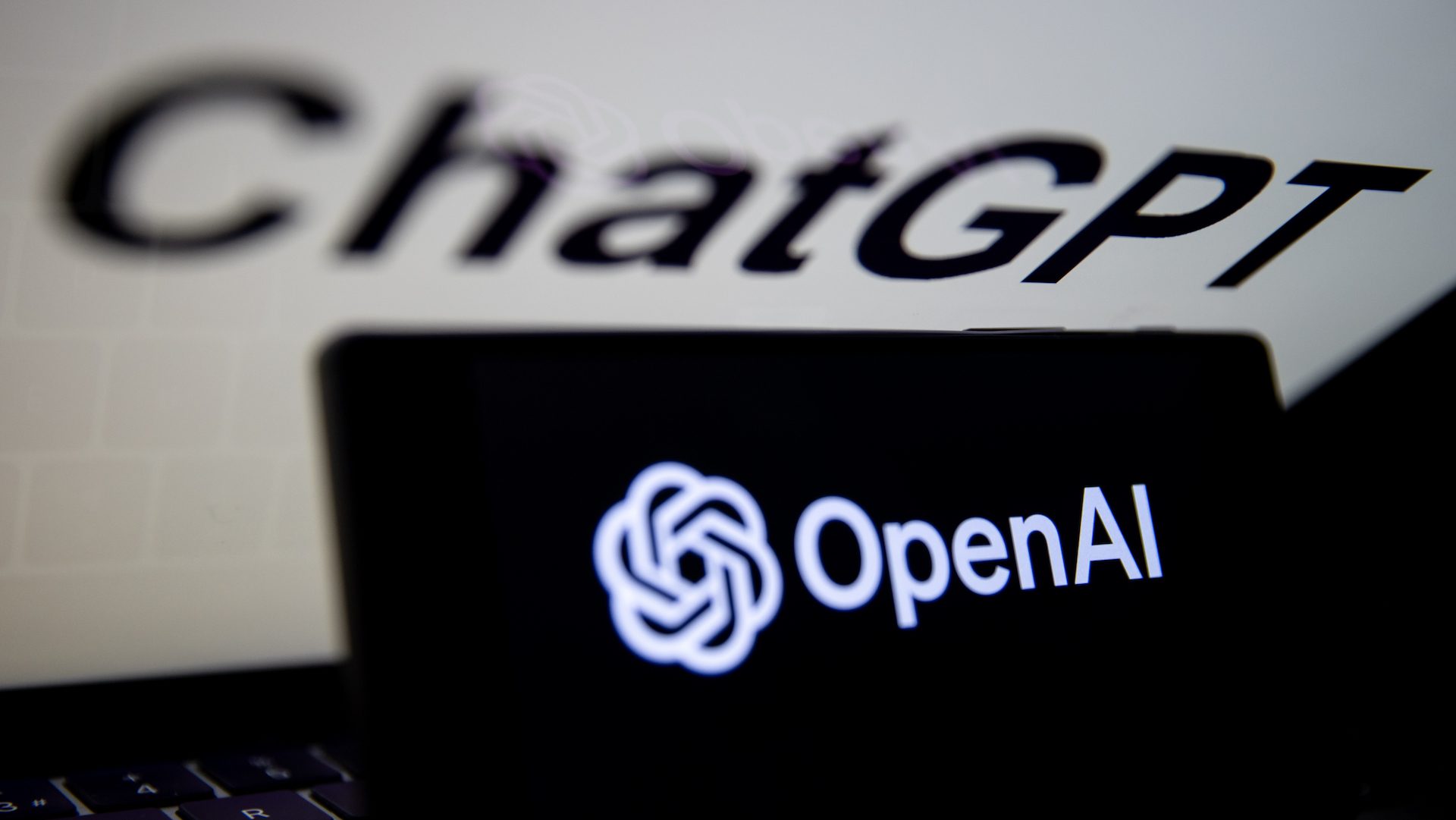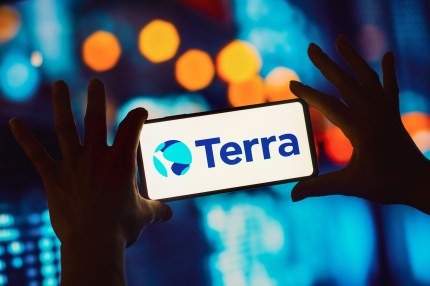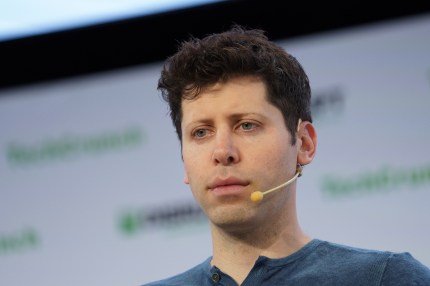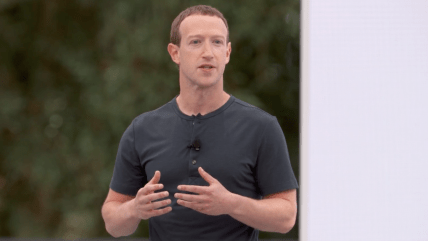OpenAI, maker of the viral AI chatbot ChatGPT, has netted another news licensing deal in Europe, adding London’s Financial Times to a growing list of publishers it’s paying for content access.
As with OpenAI’s earlier publisher licensing deals, financial terms of the arrangement are not being made public.
The latest deal looks a touch cozier than other recent OpenAI publisher tie-ups — such as with German giant Axel Springer or with the AP, Le Monde and Prisa Media in France and Spain, respectively — as the pair are referring to the arrangement as a “strategic partnership and licensing agreement.” (Though Le Monde’s CEO also referred to the “partnership” it announced with OpenAI in March as a “strategic move.”)
However, we understand it’s a non-exclusive licensing arrangement — and OpenAI is not taking any kind of stake in the FT Group.
On the content licensing front, the pair said the deal covers OpenAI’s use of the FT’s content for training AI models and, where appropriate, for displaying in generative AI responses produced by tools like ChatGPT, which looks much the same as its other publisher deals.
The strategic element appears to center on the FT boosting its understanding of generative AI, especially as a content discovery tool, and what’s being couched as a collaboration aimed at developing “new AI products and features for FT readers” — suggesting the news publisher is eager to expand its use of the AI technology more generally.
“Through the partnership, ChatGPT users will be able to see select attributed summaries, quotes and rich links to FT journalism in response to relevant queries,” the FT wrote in a press release.
The publisher also noted that it became a customer of OpenAI’s ChatGPT Enterprise product earlier this year. It goes on to suggest it wants to explore ways to deepen its use of AI, while expressing caution over the reliability of automated outputs and potential risks to reader trust.
“This is an important agreement in a number of respects,” wrote FT Group CEO John Ridding in the statement. “It recognises the value of our award-winning journalism and will give us early insights into how content is surfaced through AI.”
He went on: “Apart from the benefits to the FT, there are broader implications for the industry. It’s right, of course, that AI platforms pay publishers for the use of their material. OpenAI understands the importance of transparency, attribution, and compensation — all essential for us. At the same time, it’s clearly in the interests of users that these products contain reliable sources.”
Large language models (LLMs) such as OpenAI’s GPT, which powers the ChatGPT chatbot, are notorious for their capacity to fabricate information or “hallucinate.” This is the polar opposite of journalism, where reporters work to verify that the information they provide is as accurate as possible.
So it’s actually not surprising that OpenAI’s early moves toward licensing content for model training have centered on journalism. The AI giant may hope this will help it fix the “hallucination” problem. (A line in the PR suggests the partnership will “help improve [OpenAI’s] models’ usefulness by learning from FT journalism.”)
There’s another major motivating factor in play here too, though: Legal liability around copyright.
Last December, the New York Times announced it’s suing OpenAI, alleging that its copyrighted content was used by the AI giant to train models without a license. OpenAI disputes that but one way to close down the risk of further lawsuits from news publishers, whose content was likely scraped off the public internet (or otherwise harvested) to feed development of LLMs is to pay publishers for using their copyrighted content.
For their part, publishers stand to gain some cold hard cash from the content licensing.
OpenAI told TechCrunch it has “around a dozen” publisher deals signed (or “imminent”), adding that “many” more are in the works.
Publishers could also, potentially, acquire some readers — such as if users of ChatGPT opt to click on citations that link to their content. However, generative AI could also cannibalize the use of search engines over time, diverting traffic away from news publishers’ sites. If that kind of disruption is coming down the pipe, some news publishers may feel a strategic advantage in developing closer relationships with the likes of OpenAI.
Getting involved with Big AI carries some reputational pitfalls for publishers, too.
Tech publisher CNET, which last year rushed to adopt generative AI as a content production tool — without making its use of the tech abundantly clear to readers — took further knocks to its reputation when journalists at Futurism found scores of errors in machine-written articles it had published.
The FT has a well-established reputation for producing quality journalism. So it will certainly be interesting to see how it further integrates generative AI into its products and/or newsroom processes.
Last month it announced a GenAI tool for subscribers — which essentially shakes out to offering a natural language search option atop two decades of FT content (so, basically, it’s a value-add aimed at driving subscriptions for human-produced journalism).
Additionally, in Europe legal uncertainty is clouding use of tools like ChatGPT over a raft of privacy law concerns.
OpenAI’s deals with publishers could spell trouble for rivals
Google hit with $270M fine in France as authority finds news publishers’ data was used for Gemini






























Comment